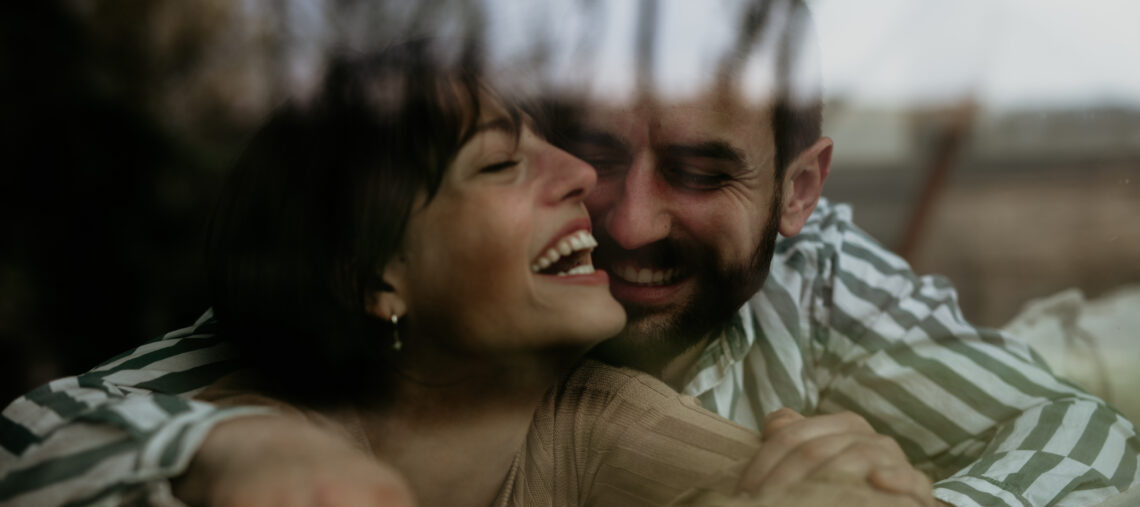
Have you ever been in a relationship with someone who was emotionally unavailable? What about someone who was emotionally exhausting?
People give up on finding “the one” after experiencing a relationship or two with someone who has either style. Self-doubt sets in and you think, “something must be wrong with me.”
To understand this phenomenon you must first understand attachment theory, one of the most well researched theories in the field of relational psychology. Attachment theory describes how our early relationships with a primary caregiver, most commonly a parent, creates our expectation for how love should be.
Our view of ourself and others is molded by how well these caregivers were available and responsive to meet our physical and emotional needs. In our adult relationships, our attachment system is triggered by our romantic partners.
The attachment alarm
How are we triggered? Think about the availability of your primary caregiver.
- Were they neglectful, always there for you, or inconsistent?
- Who did you go to when you had a problem?
- Was there someone there you could really count on?
Your attachment style influences the success of your relationship, so it is important to identify your own attachment style. Learn the four main patterns of attachment in adults and how they commonly affect couples in their relationships.
According to attachment theory, you have a secure attachment style if a caregiver was responsive and available to you as a child, making you feel safe and secure. Creating a secure attachment is important for dating to create a healthy relationship. In a secure relationship your partner is there for you and has your back. If you are an insecure style (and you choose someone with an insecure style), you will continually be triggered and never feel safe or secure in your relationship.
Insecure attachment patterns
If your caregiver was unresponsive, you form an insecure attachment pattern. An insecure attachment style manifests in three main ways.
Anxious Attachment: Develops when a caregiver has been inconsistent in their responsiveness and availability, confusing the child about what to expect. As an adult, this person acts clingy at times and finds it difficult to trust their partner.
Avoidant Attachment: Develops when a caregiver is neglectful. These are the children that play by themselves and develop the belief that no one is there to meet their needs. As adults, they typically label themselves as very independent.
Disorganized Attachment: Develops from abuse, trauma, or chaos in the home. A child learns to fear the caregiver and has no real “secure base.”
All of these styles influence the way you behave in your romantic relationships and how you find a romantic partner.
So, this begs the question, can one change their attachment style to a more secure way of relating?
Changing your attachment style
The answer is yes, but it takes hard work. Often therapy can be incredibly helpful. Being aware of your attachment style and the choices you are making in a partner is crucial. A quality therapist will guide your development of the awareness necessary to discern whether you are reacting to past wounds.
We tend to recreate unhealthy relationship patterns from our childhood in our adulthood. As much as people may dislike it, the familiarity is comforting. You may even confuse the feelings of relationship chemistry with what is the familiarity of your early life experience.
You can challenge your insecurities by choosing a partner with a secure attachment style, and work on developing yourself in that relationship. By facing your fears about love, you can build new styles of attachment for sustaining a satisfying, loving relationship.
Recommended resources
The following books will help you to understand attachment theory and how it impacts your relationship.
Attached: The New Science of Adult Attachment and How It Can Help You Find and Keep Love by Amir Levine
Levine explains how the three attachment styles create the types of relationships we end up in as adults and how to break those patterns to have healthier relationships.
What Makes Love Last: How to Build Trust and Avoid Betrayal by Dr. John Gottman
Trust and attunement are the foundation of a secure and healthy relationship.
Wired for Dating: How Understanding Neurobiology and Attachment Style Can Help You Find Your Ideal Mate by Stan Tatkin, PsyD
Learn how to recognize and avoid “blind spots” in dating so you can find lasting love.
Your Brain on Love: The Neurobiology of Healthy Relationships by Stan Tatkin, PsyD
Tatkin shares the complexity of attachment styles and how to love an emotionally unavailable partner so they can be more available, and how to love an insecure partner so they feel safe.
Hold Me Tight: Seven Conversations for a Lifetime of Love by Dr. Sue Johnson
Johnson offers seven vital conversations that help partners work with their unique insecure attachment styles to create a more secure and meaningful relationship.
The Marriage Minute is a new email newsletter from The Gottman Institute that will improve your marriage in 60 seconds or less. Over 40 years of research with thousands of couples has proven a simple fact: small things often can create big changes over time. Got a minute? Sign up below.

